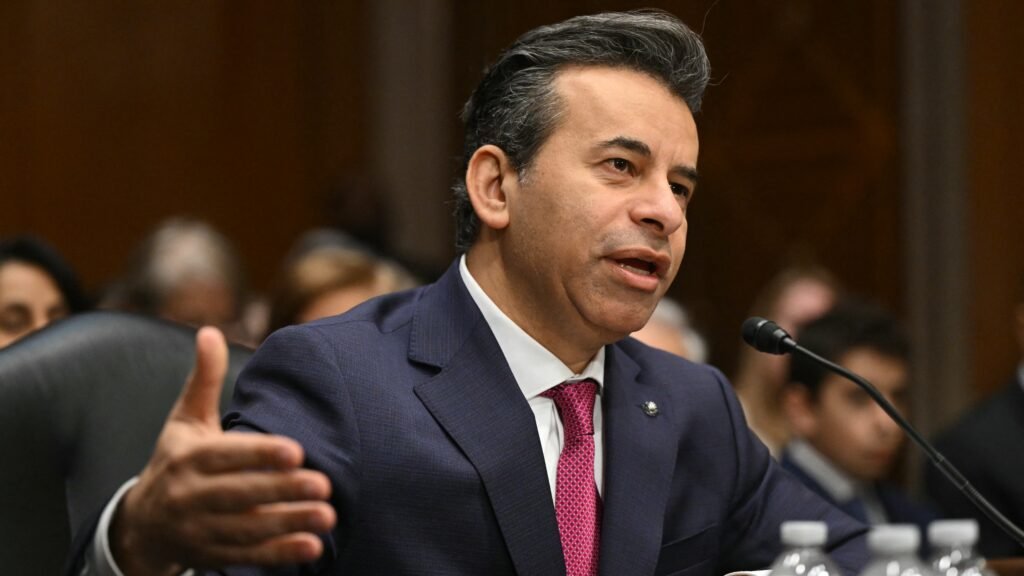The federal government’s stance on Covid-19 vaccines has been a topic of confusion and controversy in recent weeks. In a recent interview on CBS News’ “Face the Nation,” Food and Drug Administration Commissioner Marty Makary emphasized the importance of consulting with doctors before making decisions about vaccination. Makary highlighted the mixed data on Covid shots in healthy children and pregnant individuals, urging that the choice to get vaccinated should be a personal one made in consultation with healthcare providers.
The Trump administration’s recent actions to restrict Covid vaccine access have raised concerns among public health experts. The FDA’s plan to limit vaccine use to individuals 65 and older or those with risk factors, as well as Health Secretary Robert F. Kennedy Jr.’s withdrawal of a CDC recommendation for healthy children and pregnant people to receive Covid shots, have bypassed normal regulatory processes. These decisions may impact insurance coverage for vaccinations, despite data showing the benefits of vaccination in certain populations.
The withdrawal of the recommendation for pregnant individuals has caused particular alarm, as data from the CDC indicates that unvaccinated mothers are more likely to have babies hospitalized for Covid infection. Covid infection during pregnancy can also lead to severe disease for the mother. Makary and top vaccine regulator Vinay Prasad have acknowledged pregnancy as a risk factor warranting a Covid shot, but emphasized the need for more data from randomized controlled trials.
In the absence of clear data, Makary advised individuals to discuss vaccination decisions with their doctors. This recommendation extends to parents considering vaccinating their six-month-old babies, for whom data on Covid vaccine efficacy is limited. Makary’s assertion that the CDC’s Advisory Committee for Immunization Practices is a “kangaroo court” that rubber-stamps vaccines has raised questions about the transparency of the decision-making process.
The ACIP, an independent panel of experts, plays a crucial role in recommending vaccine use based on risk assessment. While the FDA approves vaccines for use, the ACIP may recommend more cautious approaches, as seen in cases like RSV and HPV vaccines. The committee’s careful consideration of potential risks and benefits informs public health recommendations and ensures that vaccines are used effectively and safely.
As the debate over Covid-19 vaccination policies continues, it is essential for policymakers, healthcare professionals, and the public to engage in open dialogue and evidence-based decision-making. Collaboration between regulatory bodies, experts, and healthcare providers is crucial to ensuring the safety and efficacy of vaccination efforts.


